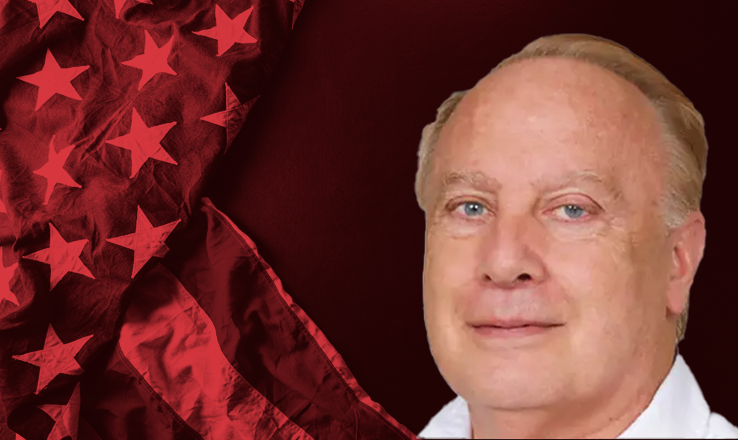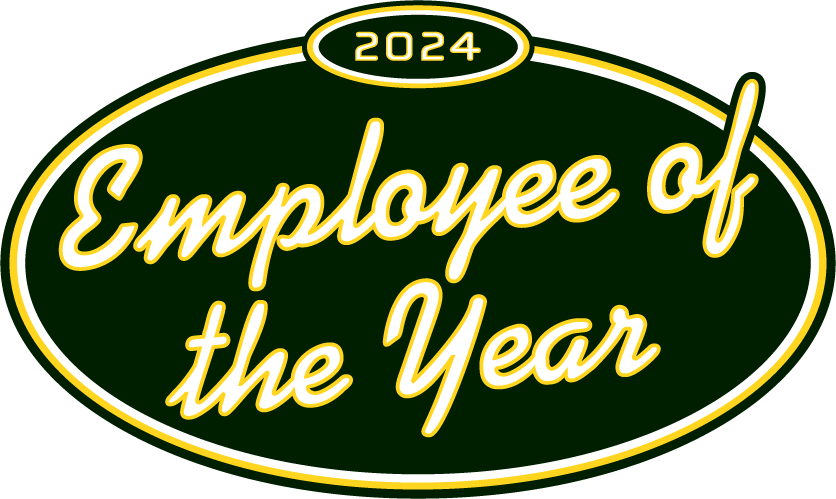-
Job Seekers
X
Job Seekers
Whether you're looking for a temp job or a permanent career, Labor Finders has you covered!
-
Explore
- How it works
- Industries
- Blog
- Locations
- Job Search
You May Also Be Interested In

2024 Employee of the Year
Learn more about our amazing Employee of the Year
-
-
Employers
X
Employers
Let us help you find the workers you need, when you need them.
You May Also Be Interested In

2024 Staffing Trends Quiz
Construction Staffing Trends Quiz
-
Industries
X
Employer Industries
Ready to staff your next project? Our staffing experts has the knowledge and the workers to cater to your unique staffing needs.
In this Section:
Job Seeker Industries
From construction to waste management, we have job openings in whatever industry you’re interested in.
In this Section:
-
About
X
About You
Getting matched to the right job, gaining the flexibility you want, making an impact in your community - at Labor Finders, it’s all about you!
-
You may also be interested in
- About Us
- Job Search Results
- Find an Office
- How it works
- Blog
About Us
With almost 200 offices nationwide, we’ve been putting people back to work for over 40 years. See why we’re a leader in the blue-collar staffing industry.
-
You may also be interested in
- About Us
- Media Center
- Video Library
- Leadership Team
- Careers
- In The Community
- History
-
- Location
Staffing Solutions
From Battlefield to Boardroom: Applying Military Wisdom to Corporate Leadership

In honor of Military Appreciation Month this month, we sat down with Rick Kempf, Executive Vice President of Labor Finders, who sits on the company’s Leadership Team and oversees operations of six regions spanning seven states. He is also a proud U.S. Army veteran – he served as a squad and platoon leader, later spending several years in the Army Reserves after his period of active duty. Rick has successfully applied many of the lessons and skills from his military career to his work in the private sector and shares with us some of the leadership skills he has learned.
How did your military service influence your approach to leadership in the corporate world or at Labor Finders?
Being pushed into a leadership position while young gives you a ‘sink-or-swim’ moment. Without having had the experience, it can feel pretty daunting. But once you have achieved even modest success in a leadership role, it helps to build your confidence, knowing that even if you’re facing a new challenge, it may be unfamiliar, but it sure isn’t insurmountable. Over time, the advantage of having had years of experience and hands-on training in fast-moving, ever-changing situations have taught me hard-learned lessons that I have carried with me over the years. Those who know me know that I am adamant about real-life, relevant experience.
A leader must remain a “doer,” as well -- not someone who used to do. I apply this same belief to the private sector – the most successful business leaders are the ones who are still actively engaged in activities with their teams. They need to step back and provide that vision from a 30,000-foot view, but their teams also need to know that they aren’t afraid to stand in the trenches with them (so to speak), when the situation requires it.
A leader must remain a “doer,” as well -- not someone who used to do.
Can you share a particular experience or challenge from your military service that significantly shaped your leadership philosophy?
In military service, in general, you quickly learn to adopt a “yes-we-can” attitude and the confidence that, as a team, there is nothing that can stop us. Yes, we may end up having to take a different path from the one we initially chose, but we always lead the way in achieving our goals. Of course, all of this sounds good in theory -- but it really comes to life when, as an isolated small unit away from all help, you are forced to adapt, while keeping focused on the mission at hand. And in business, Plan A is rarely the final version. And although my team respects the chain of command, I fully expect them to make judgment calls without me when they need to. They won’t always have the luxury of getting approval from the leadership team, so they’re going to have to possess some confidence in their own judgment and experience.
In what ways do you believe the structure and culture of the military contribute to developing effective leadership skills?
When it comes to structure, it’s very much a double-edged sword. Yes, there needs to be some well-thought-out guidelines and some respect for the chain-of-command. However, you also need to establish a great deal of mutual trust, and as leaders, you need to build in flexibility, which allows your teams to make changes on-the-fly when necessary. As non-military as it may sound, you also need to create a culture in which your teams know that making mistakes is acceptable. Whether you’re talking about troops in the field, or front-line staff out in our branch offices, things will not always go according to plan. But if your front-line efforts are being led by the back-office generals, failure is all but assured.
In military service, in general, you quickly learn to adopt a “yes-we-can” attitude and the confidence that, as a team, there is nothing that can stop us.
What parallels do you see between leading teams in the military and leading teams in a corporate setting?
In both environments, the key to success is developing an ability and an inquisitiveness that allows you to fully understand the situation, before weighing in. This also requires building trust. And you can never allow yourself to become paralyzed by the fear of making mistakes. And, for goodness sake, when mistakes inevitably do happen, don’t be afraid to acknowledge and admit them, but make sure you also learn from them.
What advice would you give to other leaders who want to incorporate aspects of military leadership into their own management style?
I’d boil it down to three words, which, again, may surprise people who don’t come from military backgrounds: “Relax, listen, and learn”. At first glance, the military and the private sector approach may seem different, but at the core, both types of organizations have similar goals: (1) Set objectives. (2) Develop strategies to achieve those objectives. (3) Employ tactics to implement those strategies. If you’re too anxious, you’re never going to be able to listen or learn, so you won’t be able to discern what’s even working. As a leader, if you're not actively listening and learning, you'll never truly understand what's happening on the ground from those doing most of the work.
Here's another one: Do not be too rigid, but at the same time, you have to be “the one”. The “one” isn’t necessarily “the boss” – it isn’t about being the one “in charge”. Instead it is about being the one who “shows up” for your team. You’re a resource to them, not the other way around. Corporate types, including our leadership team here at Labor Finders, often speak of “servant leadership,” of the leader being a resource and being accountable for the success of their team. But the reality is that this has been the philosophy in most parts of the military for generations. Think of the power of water cutting through a canyon: powerful, agile, yet quiet, while always moving forward, embodying the essence of true leadership.














